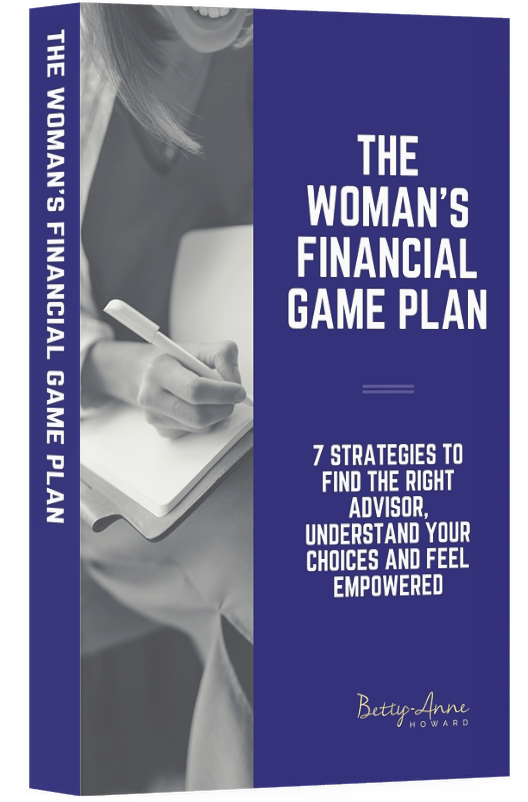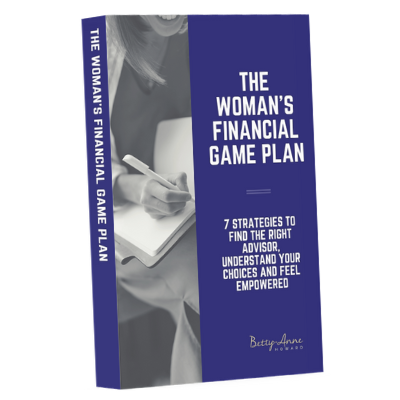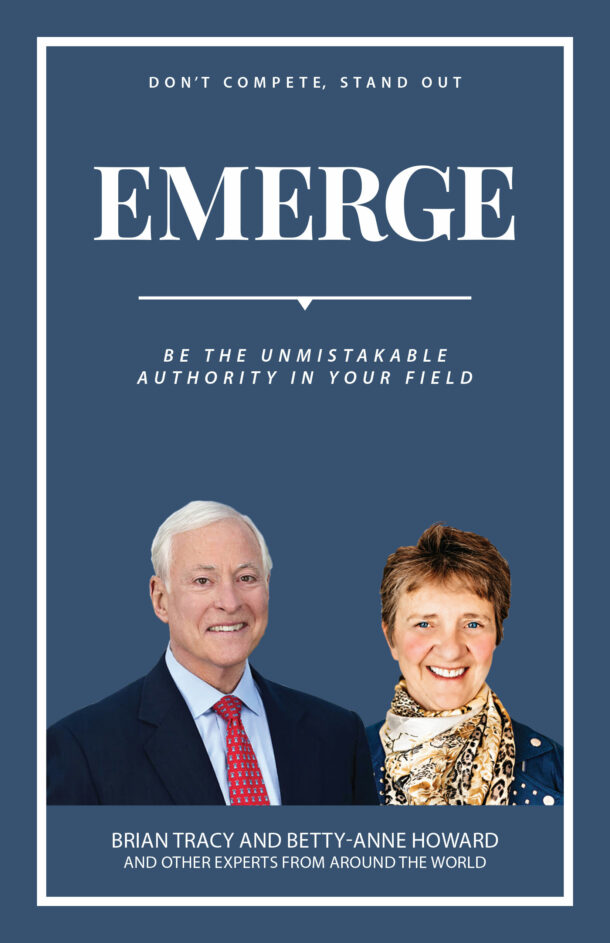Written by: Betty-Anne Howard and Michael Caldwell

“What does that even mean”? you might ask. Isn’t this something that the rich are supposed to think about, given I’m not rich, that doesn’t include me, does it?
Lyndsay Green in her recent book titled The Well Lived Life: Live with Purpose and Be Remembered, reminds us that; “Our lives are our legacies, and we will be remembered for the way we lived…while we are breathing we are shaping our legacy, and it is wise to keep taking our own measure to ensure we are who we want to be.”
May is Leave a Legacy month, an ideal opportunity to give our own legacy some thought.
As human beings we tend to be somewhat ambivalent about a lot of things in our lives including; healthy eating, exercising, and other habits or behaviours we engage in that we know we’d like to change. It’s only natural to want to hold on to the enjoyment or pleasure we get from what we currently do which can inhibit our desire and ability to change.
There is actually a model for change that can provide us with a contextual framework to help guide us through this process of change. Thus, if you haven’t given this much thought perhaps this model can help.
This model focuses on how we can help others move through the stages of change to take action, like planning for how they’d like to leave their legacy.
Psychologist Dr. William Miller, in the 80’s coined some interesting terms to describe those who haven’t given making a change in their behaviour any thought (pre-contemplators) those who are thinking about making a change (contemplators) followed by those who are now prepared to make a change leading to taking some kind of action. Even though the focus for this model was on dealing with addictions, it has broad application to what we do as Financial Planners, when focussing on Philanthropy and what you do working in Charitable Giving and Planned Giving Sector.
What is key to this model of change as a mind set or perspective, is that it recognizes taking action is a process, one that can be helped by some basic good communication skills including; unconditional positive regard, strategic reflective listening and asking certain questions, rather than others.
If you like metaphors, it is an approach that is a lot like planting seeds in a garden with a mindset that they will indeed grow, and bloom. We tend to them even though we don’t see anything growing, yet, knowing that eventually we’ll see some sprouts coming up from the ground and before long full blown beautiful blooms will be there. Each person is like a seed with their own particular needs and understanding in order to experience this growth.
As Philanthropic Planners – ie Financial Planners who specialize in Philanthropy, we recognize that when we ask the question; “Have you thought about how you’d like to integrate charitable giving into your overall plan, including the benefits of doing so, both now and in the future?”, that a response of “No, I haven’t” is just the beginning. The starting point for us to have many future meaningful conversations around this topic. If the answer is no and therefore this person or couple, haven’t thought about it then we make a mental note that our approach needs to correspond with them as “pre-contemplators” , based on the model we mentioned above.
We see our role as the guide to, if possible, move the “pre-contemplator” to “contemplation” when it comes to charitable giving and planned giving or philanthropic planning by gently probing and consistently asking appropriate questions to help in this process, recognizing that it is indeed a process like planting seeds and seeing them grow into whatever you want them to be – flowers, food, pollinators and so on.
At the contemplation phase it’s our role through this process to find if there are ways we can put more weights on the decision making side of the balance, which could be tax considerations, or desire to make a difference in the world and take the weights away from the side of the balance that’s getting in the way of making a decision, for example, “I’ve always thought that everything would just go to my kids who are now adults”.
Changing how we think, our perception of situations and how they’re going to unfold is a process. The majority of people we talk to haven’t thought about these questions and more specifically what they want their legacy to be. Information is power is our philosophy and it’s our belief that without that information it’s difficult for someone to make a fully informed decision. As Philanthropic Planners we love assisting people through this process so that ultimately we can make a huge difference in the world because we are ideally positioned to have these conversations with our clients.
We too have gone through these same stages when it comes to incorporating philanthropy into our practices. Become members of CAGP has helped us enormously in fully understanding the impact we can have and how ultimately we all benefit.
If you’d like to learn more about this topic please join us on Wednesday May 29th in Ottawa for our Philanthropy as a Main Entree Not An Appetizer: A Toolkit for Working with Financial Advisors, go here to find more information https://www.cagp-acpdp.org/en/PHILANTHROPY-AS-A-MAIN-ENTREE We look forward to seeing you there.






0 Comments